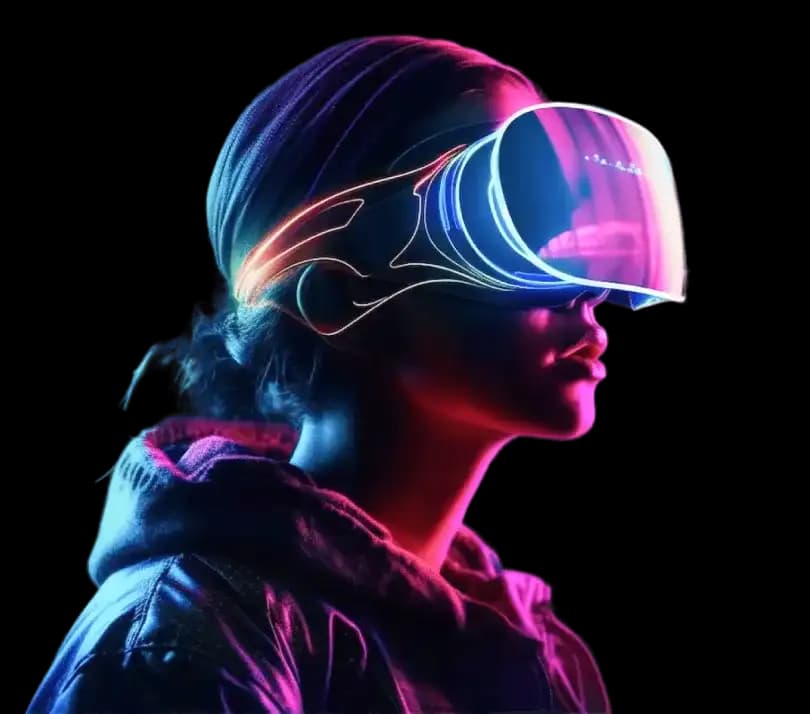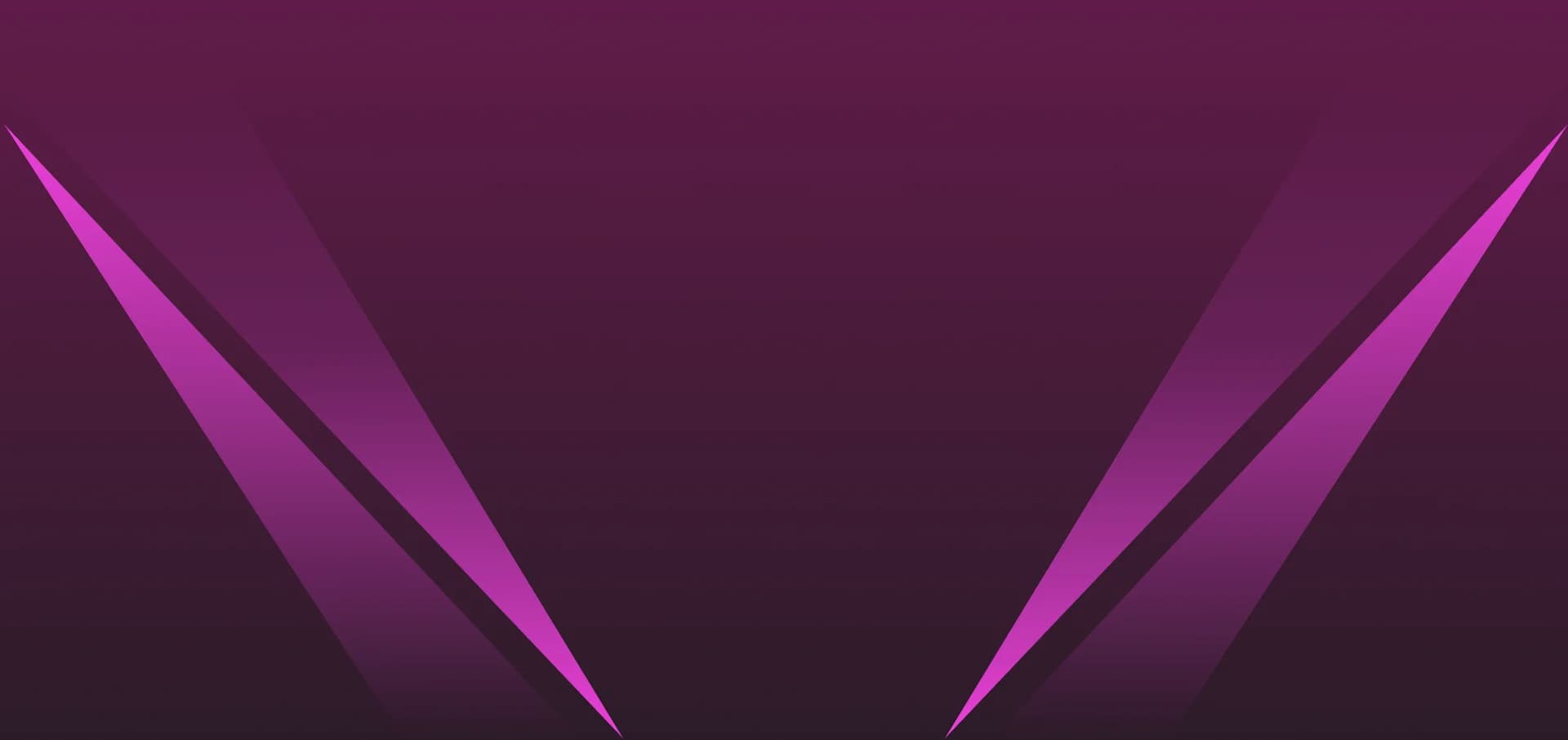
Our VR Application Development Services

Creative Assets for VR
Creative Assets for VR
We specialize in creating various graphics and animations for virtual reality apps, enhancing realism and immersion in VR games, ecommerce stores, and social apps.

VR Training and Simulations
VR Training and Simulations
We excel in developing virtual reality training simulations for industries like healthcare and education, facilitating effective learning and skill development.

Virtual Reality Games
Virtual Reality Games
From design to development, we cover the entire process of creating virtual reality games, delivering immersive experiences for gamers.
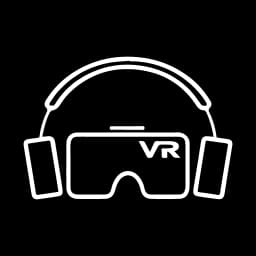
VR Product Design
VR Product Design
Using VR technology, we enable designers and engineers to visualize and interact with products in 3D environments, enhancing the design process.
Real-Estate VR Experiences
Real-Estate VR Experiences
We develop VR experiences tailored for the real estate industry, providing immersive tours of homes, apartments, and buildings for prospective buyers.

VR Chat Apps Development
VR Chat Apps Development
Virtual Dive Studios creates VR chat experiences for enterprise-level companies, offering virtual meeting rooms for conferences and meetings with clients.

Expertise in VR Development
Access our specific knowledge and practical skills in the development of exciting VR experiences.

Efficient Development Processes
We enhance development pipelines and create player experiences that are worth playing through the application of best practices.
.webp&w=256&q=75&dpl=dpl_FekckFZDVcF5ZcXJg51cdRABMB76)
Transparent Communication
Keep in touch with our team through updates on project advancement and feature implementations, ensuring transparency throughout the development process.
.webp&w=256&q=75&dpl=dpl_FekckFZDVcF5ZcXJg51cdRABMB76)
On-time Delivery
We consistently provide high-quality end products regardless of short deadlines, ensuring timely delivery.

Enhanced User Engagement
Attract your audience with high-quality, realistic VR apps and games, leading to increased user engagement and longer play times.

Optimized ROI
Our high-quality VR apps drive customer satisfaction and revenue growth, maximizing return on investment.

What are the requirements for VR development?
Before you start VR development, you should be aware of the market trends, get to know about the potential of VR apps, and partner with a trusted VR app development company. Luckily you are already a step ahead with Virtual Dive. Our. expertise of years in app development and the main focus on virtual reality gives us the ability to turn your ideas into a real project.

Simplify Your Search: Partner with Experts in Virtual Reality Development
The selection of virtual reality developers is a difficult task; it requires experience and patience. Instead of surfing through myriads of options on the internet, you can share this burden with us! We have the latest software and hardware to make great VR experiences that help you achieve your business goals.
VR Application Development Processes!
In order to obtain the highest output from our team, we apply these steps in a way that leads to customer satisfaction.
Roadmap Design
Designing
Development
Testing
Launching
The first step is the consultation with the client to get the set of requirements that are expected from the project.
The following stage is characterized by the production of interfaces, assets and 3D VR environments to make the virtual world a reality.
Following the design and prototyping, we proceed to the creation and integration of VR features into the app.
Next, the app is subjected to different test cases which are designed to prove that it has no bugs and errors.
Lastly, the VR app is now ready to be deployed and distributed in the VR supported environments like Oculus and PlayStation.
Our Case Studies
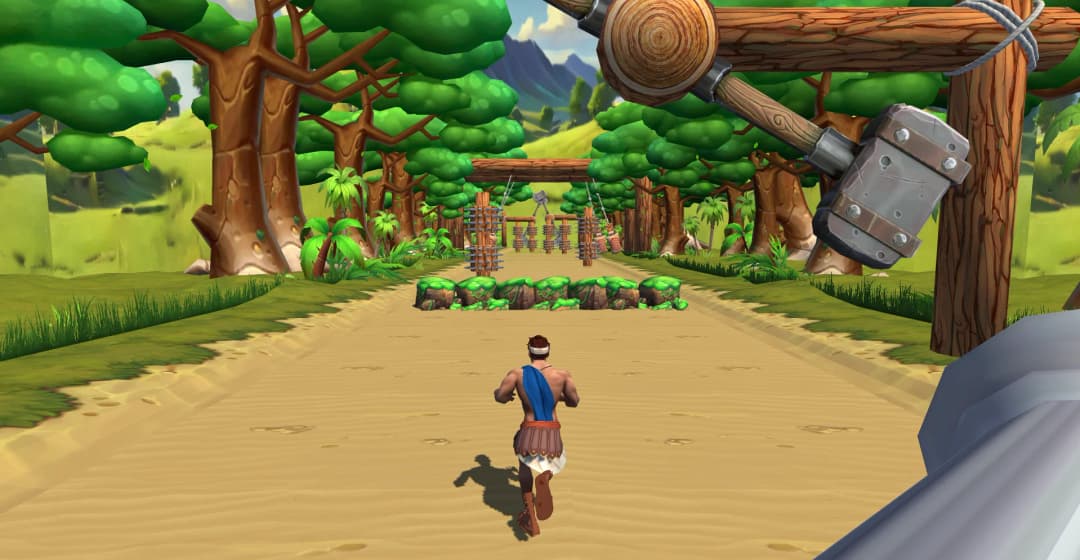
Herculi
Explore the creation of 'Herculi' a 3D endless runner game by Nebula Interactive, featuring stunning visuals and exciting gameplay. Learn about its design, challenges, solutions, and key development insights of Virtual Dive.

Burnout Ship
Dive into Space Ship Battle Ground by Virtual Dive Studios. Race through space, overcome challenges, and outmaneuver rivals in this immersive 3D game. Experience thrilling gameplay and captivating sound effects.
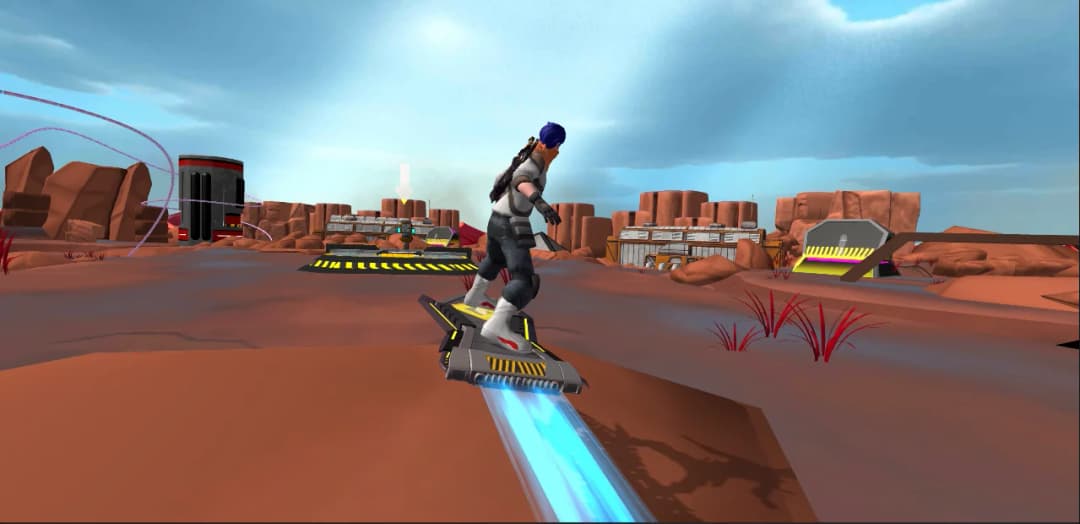
The Flip
Discover 'Grass Field' a 3D endless runner by Nebula Interactive. Navigate wrecked forests and cosmic obstacles as a daring hoverboard rider. This study covers design, mechanics, and development challenges.
Frequent Ask Questions
What is VR development?
VR (Virtual Reality) development involves creating immersive, interactive experiences using VR technology. This includes designing and programming environments, applications, and games that users can interact with using VR headsets and controllers.
What industries can benefit from VR App Development?
VR development can benefit various industries, including:
• Gaming and entertainment.
• Education and training.
• Real estate and architecture.
• Healthcare and therapy.
• Retail and e-commerce.
• Tourism and hospitality.
• Automotive and manufacturing.
• Military and defense.
What are the main components of a VR development project?
A VR development project typically includes:
• Concept and planning.
• Storyboarding and prototyping.
• 3D modeling and animation.
• Programming and interactivity design.
• User interface (UI) and user experience (UX) design.
• Testing and debugging.
• Deployment and support.
What platforms and devices are commonly used in VR development?
Common VR platforms and devices include:
• Oculus Rift, Oculus Quest, and Oculus Gobr.
• HTC Vive and Vive Pro.
• PlayStation VR.
• Windows Mixed Reality headsets.
• Google Cardboard and Daydream.
• Valve Index.
What software and tools are used in VR development?
Common software and tools include:
• Unity3D.
• Unreal Engine.
• Autodesk Maya and 3ds Max.
• Blender.
• Substance Painter.
• Adobe Creative Suite (Photoshop, Illustrator).
• Vuforia and ARKit (for AR/VR integration).
How long does it take to develop a VR applications?
The development timeline varies based on the complexity and scope of the project. Simple applications may take a few weeks to a couple of months, while more complex projects can take several months to a year or more.
What is the cost of VR development?
The cost of VR development depends on several factors, including project complexity, the number of platforms supported, the level of interactivity, and the expertise of the development team. It is best to request a detailed quote based on your specific project requirements.
How do you ensure the VR experience is user-friendly?
Creating a user-friendly VR experience involves:
• Comprehensive UX/UI design tailored for VR.
• User testing and feedback during development.
• Autodesk Maya and 3ds Max.
• Iterative design and development process.
• Ensuring comfort and minimizing motion sickness.
• Clear instructions and intuitive controls.
Can VR be integrated with other technologies?
Yes, VR can be integrated with various other technologies, including:
• Augmented Reality (AR) for mixed reality experiences.
• Artificial Intelligence (AI) for enhanced interactivity.
• Internet of Things (IoT) for smart environments.
• Blockchain for secure transactions and data management.
• Cloud computing for scalable and accessible VR experiences.
What are the challenges in VR development?
Some challenges in VR development include:
• Ensuring high performance and low latency.
• Creating realistic and immersive environments.
• Addressing user comfort and minimizing motion sickness.
• Ensuring compatibility across different VR platforms and devices.
• Managing large files and optimizing content for performance.
How do you handle testing and quality assurance in VR development?
Testing and quality assurance in VR development involve:
• Rigorous testing on multiple devices and platforms.
• User feedback sessions and beta testing.
• Performance optimization and debugging.
• Iterative improvements based on testing results.
• Ensuring compliance with VR platform guidelines.
What post-launch support is provided for VR applications?
Post-launch support can include:
• Ongoing maintenance and updates.
• Bug fixing and performance optimization.
• Adding new features and content.
• User support and troubleshooting.
• Analytics and user feedback analysis.
How do you handle intellectual property and confidentiality in VR projects?
We take intellectual property and confidentiality seriously by:
• Signing non-disclosure agreements (NDAs).
• Ensuring secure data handling and storage.
• Respecting client ownership of all created assets and code.
• Maintaining transparency and clear communication throughout the project.
Our Journey So Far
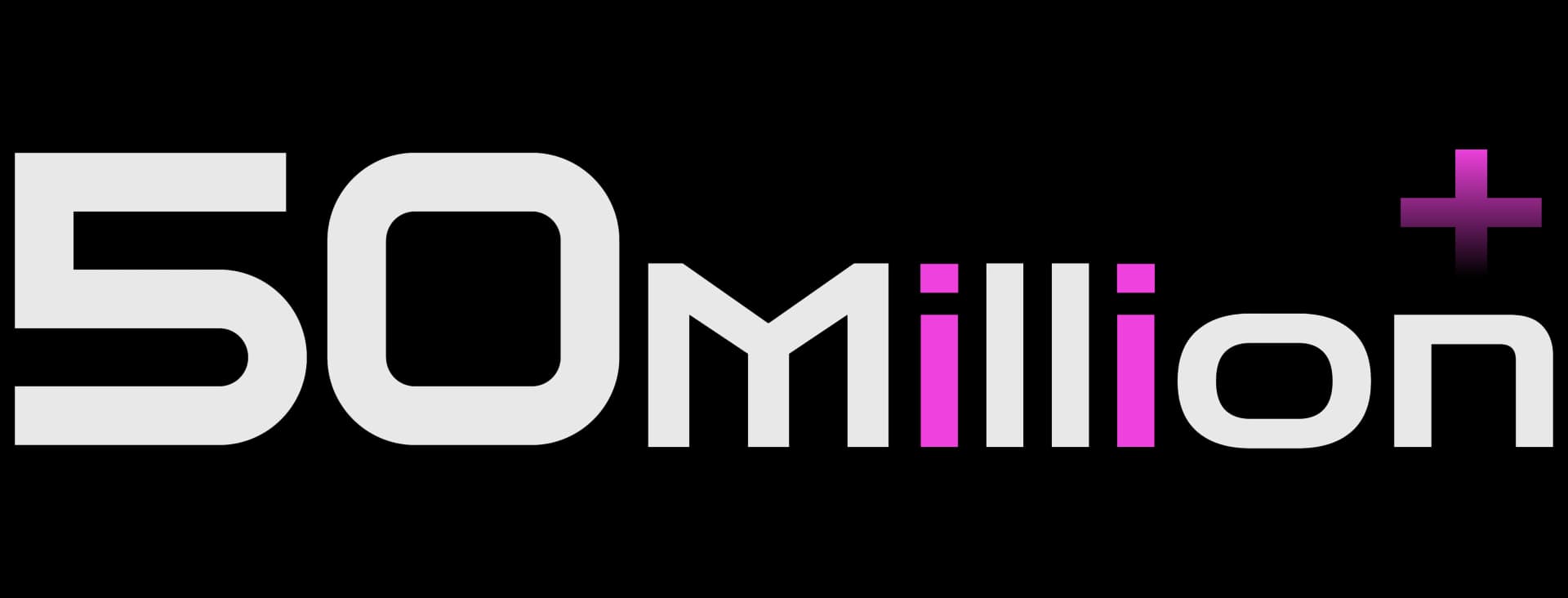
Virtual Dive Studios, our innovative gaming techniques and imaginative design create immersive experiences. We are pushing the boundaries of what's possible in gaming.

